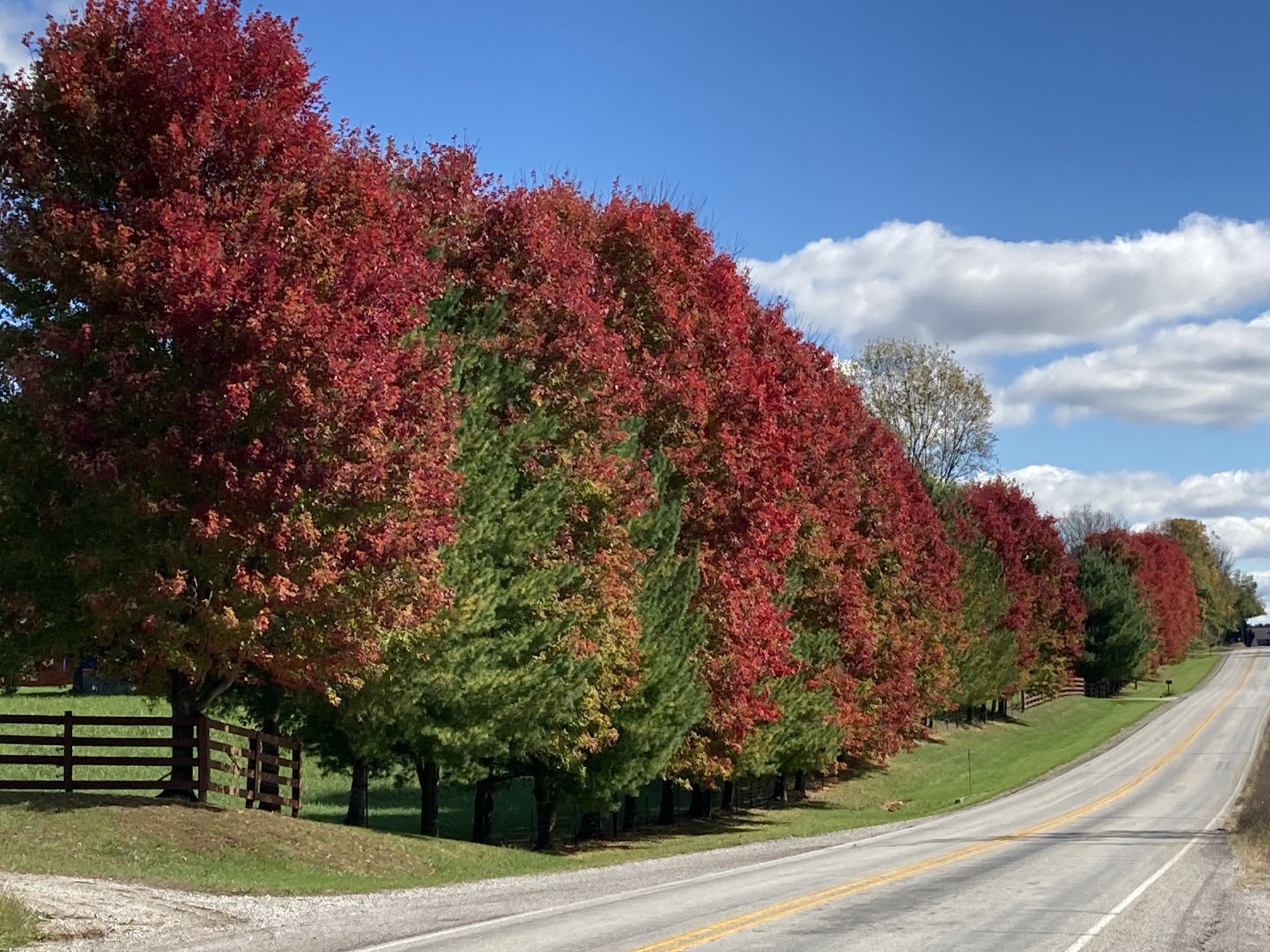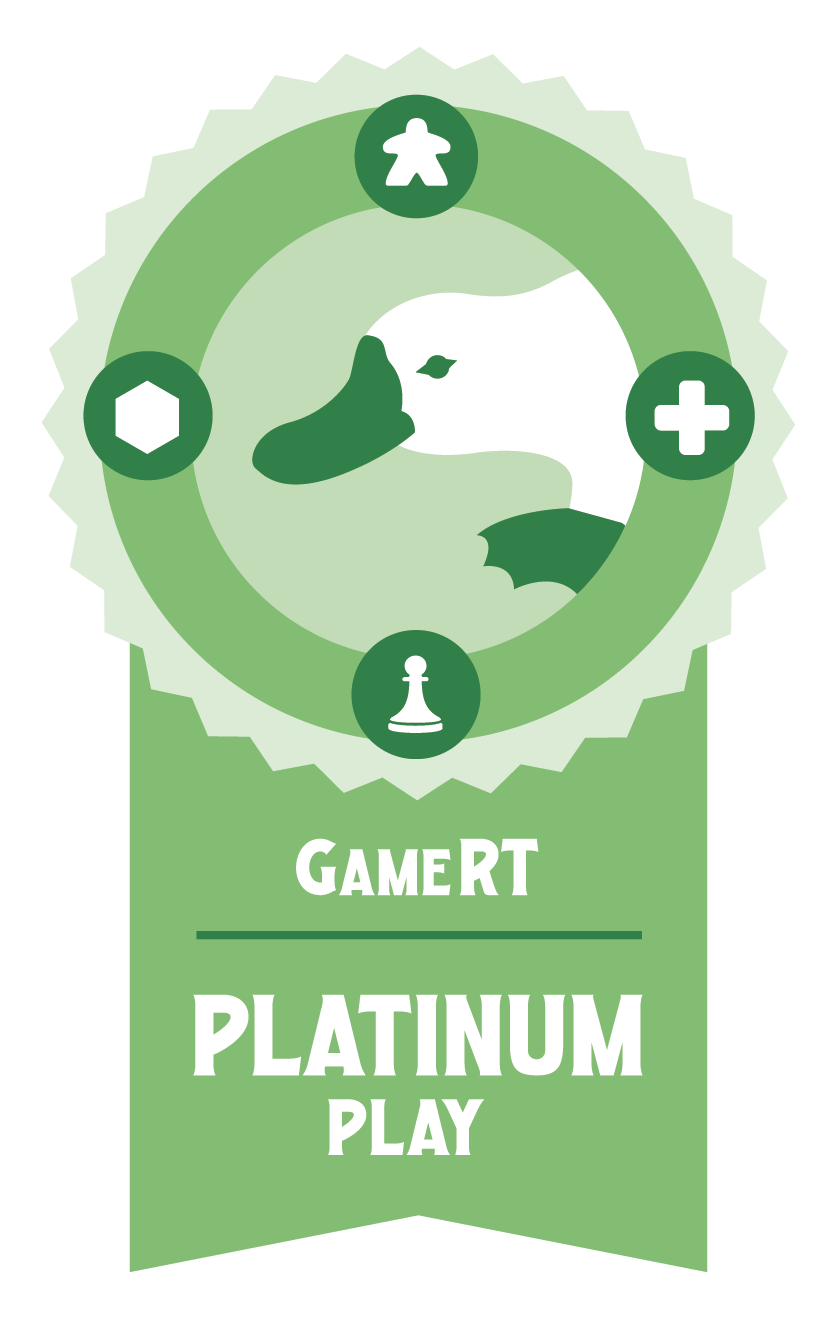As a regional coordinator with the Professional Development Office here at the Indiana State Library, I love making library visits in the fall. With the leaves beginning to change, and the weather turning colder, I like to use the drive time to reflect on all of the things that I can enjoy in the fall and winter months, like reading a good book – borrowed from my local library – while drinking a warm beverage and the start of basketball season. However, some of my favorites, of course, are games. One of the best months for games in libraries is fast approaching, International Games Month, which is celebrated every year in November.
 I have been asked recently by many libraries how they might go about starting a game collection if they don’t currently have games. Just like any other library resource, to answer questions like this you need to consider many things about your community and library to best answer them. Is the library or the community most interested in a circulating collection? Is the library hoping to use games for programming and community building? Some of the resources I have suggested to libraries in the past can be found here. Unfortunately, there is no established “first purchase list” for games as a library collection, partially because games as a type of library collection are still relatively new, and because the answers to the above questions can play an outsized role in developing the collection.
I have been asked recently by many libraries how they might go about starting a game collection if they don’t currently have games. Just like any other library resource, to answer questions like this you need to consider many things about your community and library to best answer them. Is the library or the community most interested in a circulating collection? Is the library hoping to use games for programming and community building? Some of the resources I have suggested to libraries in the past can be found here. Unfortunately, there is no established “first purchase list” for games as a library collection, partially because games as a type of library collection are still relatively new, and because the answers to the above questions can play an outsized role in developing the collection.
To begin developing lists to help libraries, the Games and Gaming Round Table of the American Library Association formed a new committee a few years ago and began developing an award. This year during IGM, the Awards Committee of ALA’s GameRT will be announcing the first class of inductees – the Platy’s – into the Platinum Play Hall of Fame. The Hall was first announced this past January with a list of classic games that work well in library settings. Each year we plan to add newer games to this Hall with the focus remaining on games well suited for libraries. At the end of November, the nomination window will open for next year’s Platy’s. Once the nomination window opens, I will be announcing it on the Indiana Games Roundtable Listserv. If you are not currently a member of that listserv it is a growing community of Indiana library employees who use, collect and work with games of all types in their libraries and we would love to have you join that conversation. Details about joining this – or any Indiana library – Listserv can be found here.
This post was written by George Bergstrom, Southwest regional coordinator, Professional Development Office, Indiana State Library.




